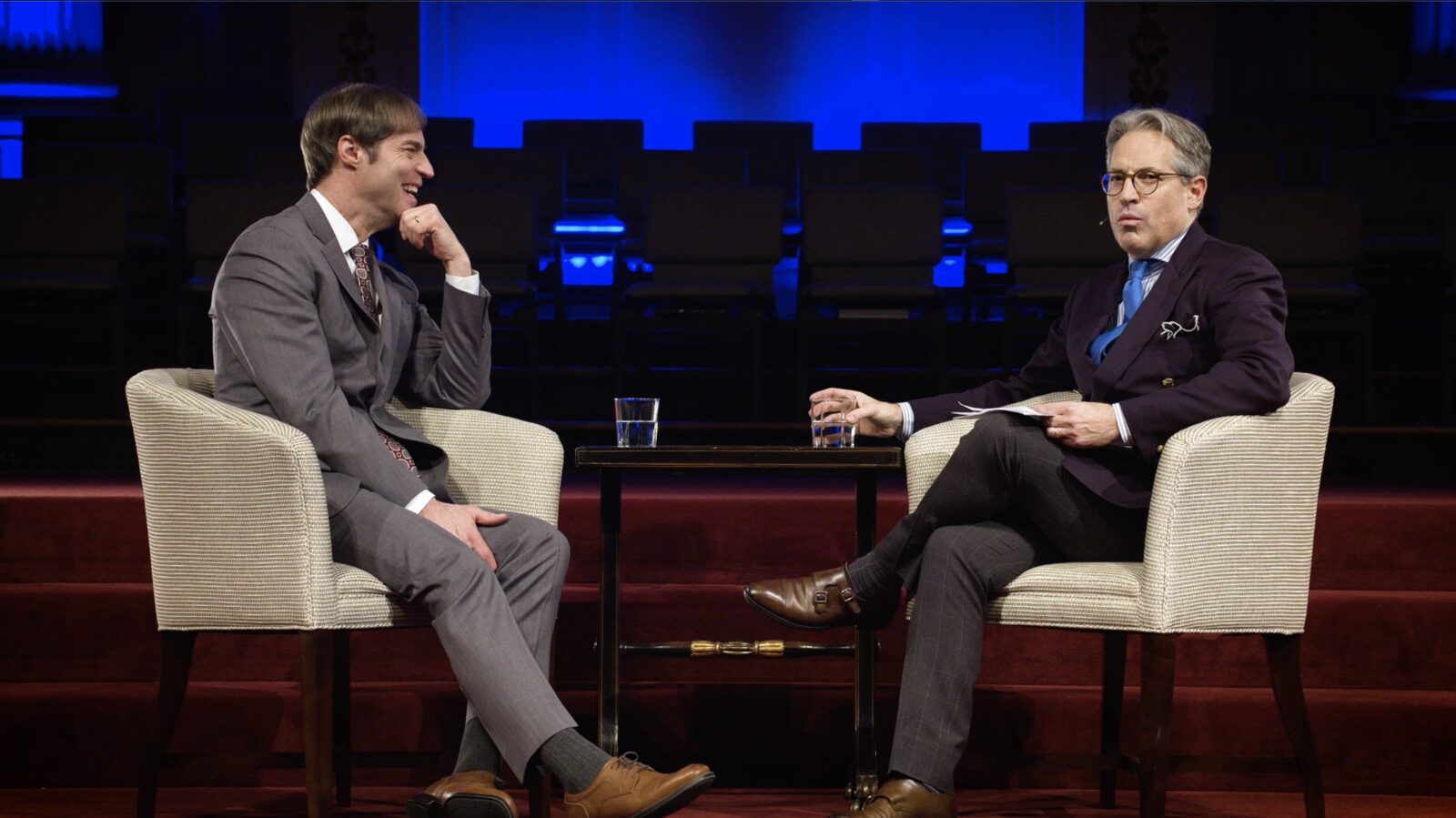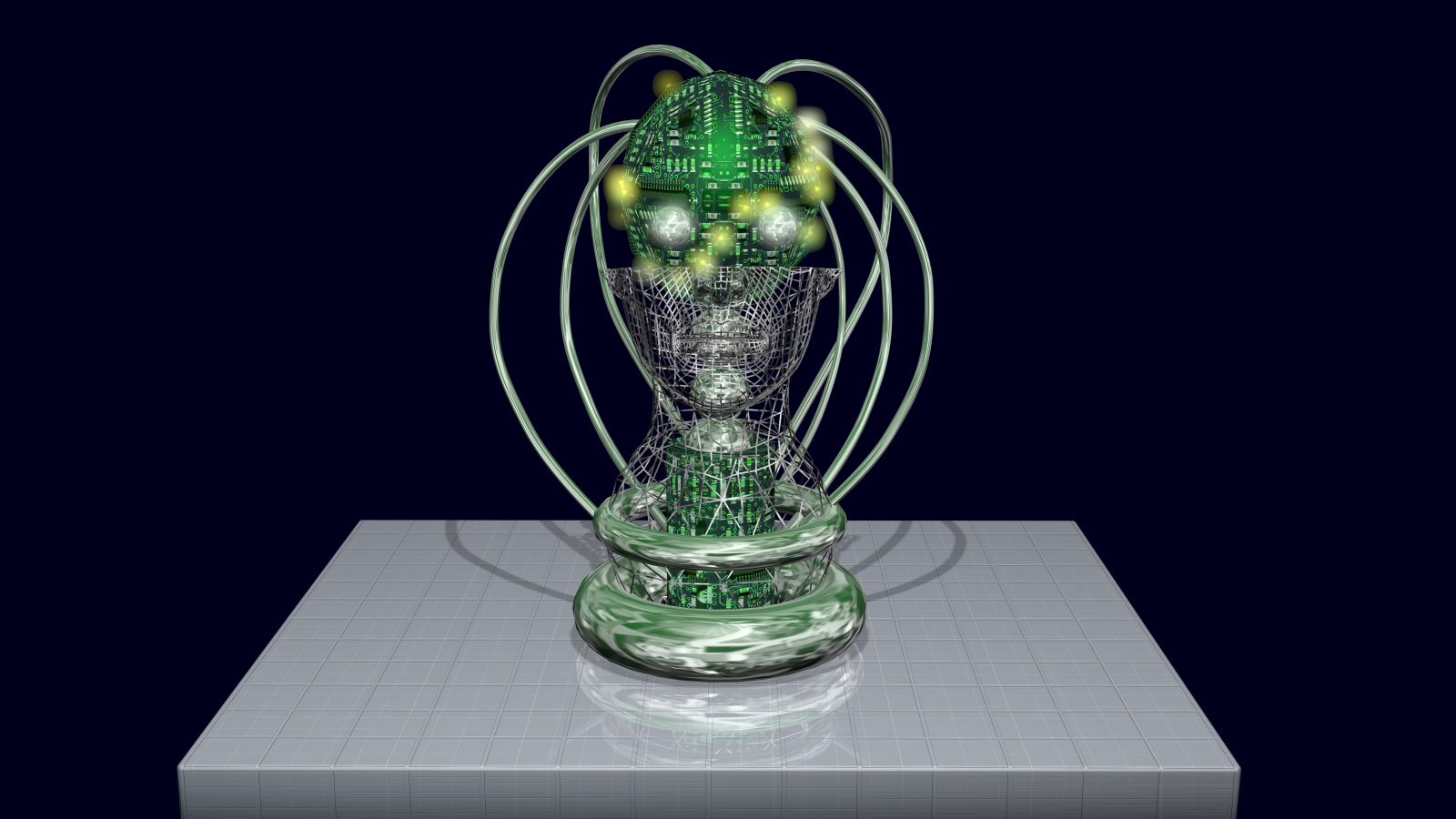
A Neuroscientist Takes on Scientism and the Science Worshippers
On this episode of ID the Future we hear bonus material on the mind from the Discovery Institute’s new Science Uprising video series. Materialist philosophy says we’re no more than our brains; that we’re wet robots, in essence. Also, scientism, rooted in materialism, holds that science is the only path to knowledge. Here, a distinguished research neuroscientist take on those dogmatic claims and discusses some clinical evidence that mind is not reducible to the brain.





